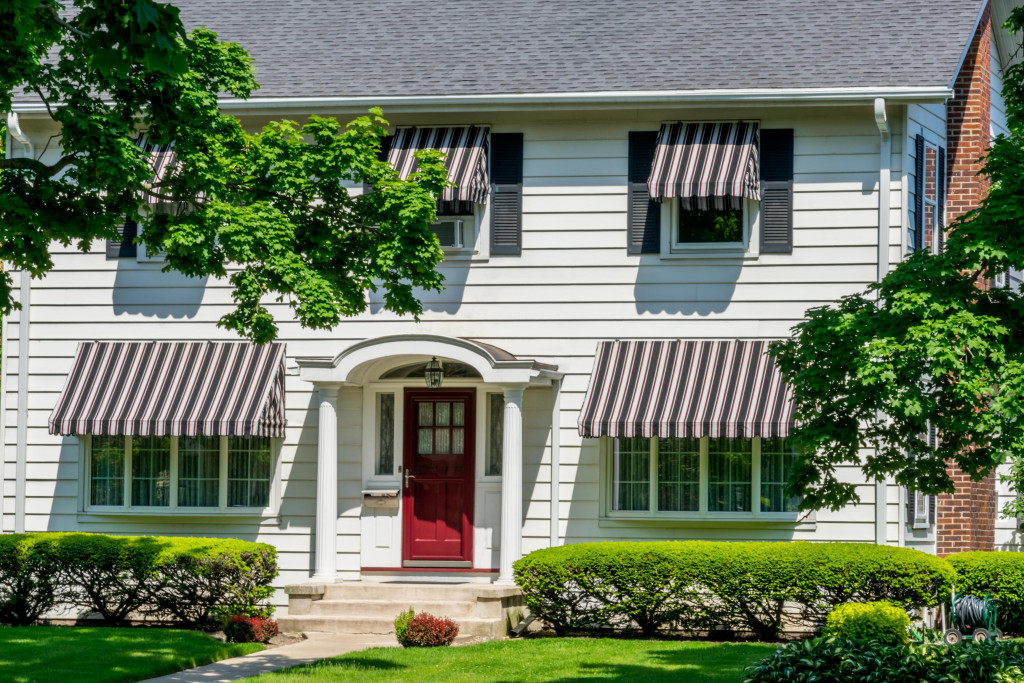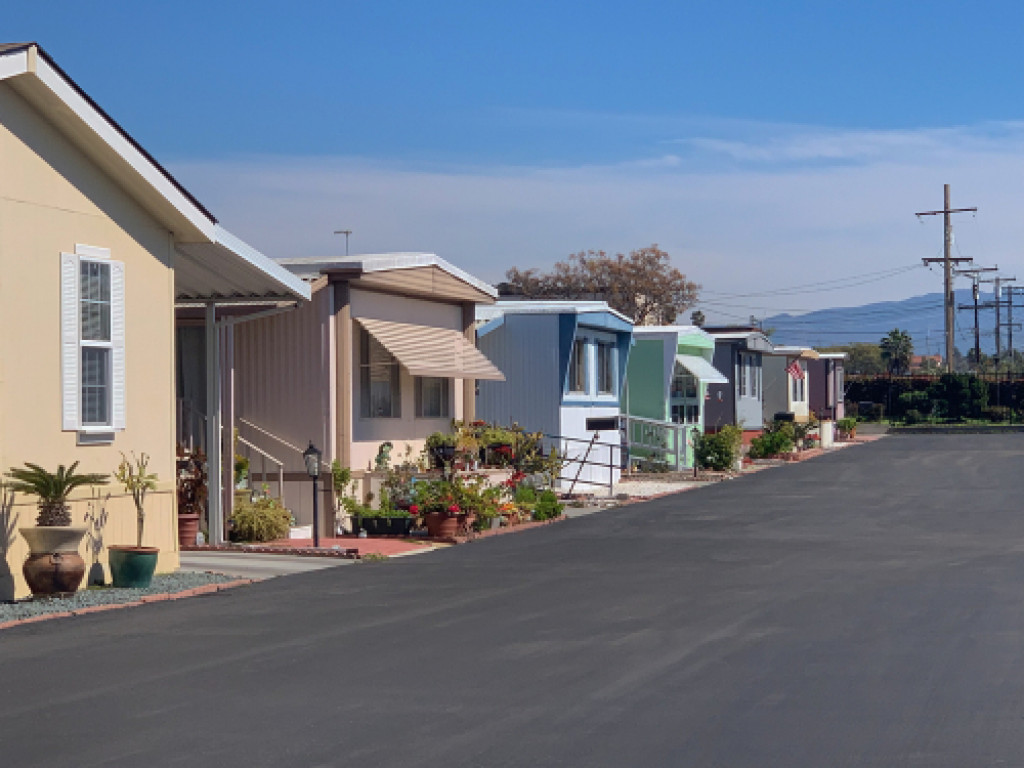CNCBC states that there is one critical question a person should ask before buying a new home: how long do you want to stay in the house? The website advises that renting is a better option than home purchasing for some who plan to stay at a place for less than five years.
However, this is not the only option one can have, especially for couples who just got married and wants to begin a life in their own home. A couple can choose to purchase a starter home or go straight to buying a more permanent home.
Starter homes
Statistics reveal that 33% of homebuyers of 2019 is are first-time homeowners. For most first-time buyers, a starter home is the most feasible option for their budget.
However, according to an article published by The Wall Street Journal, millennials are currently experiencing a shortage of starter homes. Business Insider seconds this statement, saying that this year, the market for starter homes is running dry.
Usually, first-time homebuyers are ages 25 to 40. In 2020, many millennials finally purchased their first home and caused a housing boom. This caused the shortage of starter homes this year.
What is a starter home?
A starter home is essentially a first home that is usually smaller than a permanent, more long-term home. It can also be a unit in a condominium building that is either a studio or has two or lesser bedrooms. Usually, starter homes are much cheaper than forever homes.
However, the smaller price provides lesser amenities than bigger homes. Also, some starter homes can be located in a lesser-than-ideal spot; this is because the better the location is, the higher the value of a home can be.
Why you should begin with a starter home
A starter home is a way to begin building home equity. It is smarter than throwing away money for paying rent; a starter home is something you own; in short, you are putting money and investing it on your own property.
Most buyers of starter homes are young professionals who just began with their careers or are just starting a family. It is better to buy a starter home than a permanent, more expensive home because it offers more financial flexibility. For example, a young professional may develop new needs like a different job or a new baby in the family. Having a lesser mortgage may give you more chance to accommodate other financial needs.
Also, starter homes having lower price points make purchasing a home easier and faster for first-time buyers. At the same time, a starter home will oblige you to pay lesser property taxes than bigger homes. Since starter homes are smaller, they require less maintenance and less cost on your end.
When to avoid buying a starter home
There are times when buying a starter home may not be the right decision for you. For instance, if you know the area you want to stay in is where you want to establish a long-term career and family life, then a permanent home might be better.
Long-lasting homes

Long-lasting, permanent homes are also known as forever homes. This place is one where you imagine spending the rest of your life. In a forever home, one gets to have all the amenities they want, reflecting the lifestyle they want and need.
A home with a large kitchen or more than two bedrooms that can fit a larger family can be considered a permanent home. In a forever home, a homeowner can choose to have a sturdier countertop installed because this is where most family meals will be prepared. One can also have a backyard and a fully-functioning outdoor space depending on the homeowner’s desires.
The right time to buy a forever home
There is no particular age to buy a forever home. It can be in your 30s or later years, as long as you can afford a larger, pricier home. More importantly, one must have a solid plan for the future before buying a forever home.
One of the advantages of a permanent home is that you can go all-in and customize the house according to your preference. Additionally, since permanent homes are larger, there is more space to grow the family. Lastly, a permanent home requires less moving, and you can finally establish relationships with your neighbors and the community you are in.
The only one who can decide whether a starter home or a forever home is right for you is you. Your decision will be based on your budget and your plans for the future.

